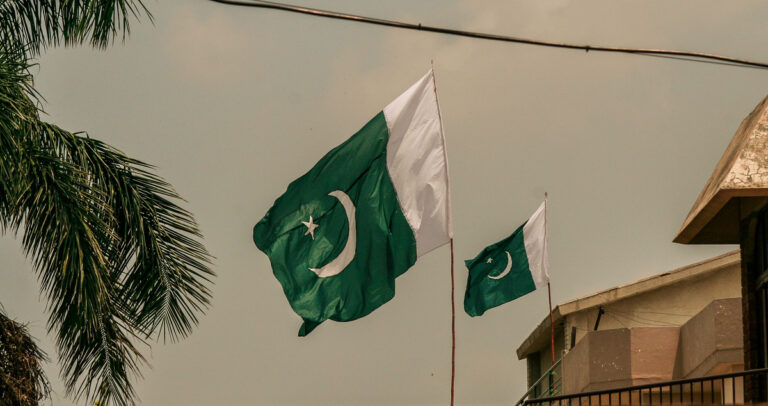Jibran and three friends were returning home from a dinner party in Landi Kotal, northwest Pakistan, when their car was ambushed. According to a report by the Pakistan Press Foundation (PPF), two armed men dragged Jibran out of the car, ordered his friends to get out, explained that they were not the target, and then fired 19 shots at Jibran.
Gibran has reportedly faced numerous threats in the past because of his fearless reporting.
Osama Malik, a Pakistani legal expert, told OCCRP that journalists in the country face intimidation, harassment and excessive criminal and civil prosecutions from both non-state actors and state institutions.
“But the targeted killings of journalists remain the ultimate tool to silence journalists who do not play by the rules, while simultaneously instilling fear in other media workers,” he said.
Global press freedom groups called on Pakistan to swiftly investigate the deadly attack on Jibran and punish those responsible.
The New York-based Committee to Protect Journalists (CPJ) expressed deep concern over the continuing violence against journalists in Pakistan. Citing other media sources, CPJ reported on the brutal murder of Khalil Jibran, who worked for the Pashto-language broadcaster Khyber TV.
“Pakistani authorities must swiftly bring to justice those responsible for the murder of journalist Khalil Jibran and take immediate steps to end the wave of violence against journalists in the country,” said Bae Li Yi, CPJ’s Asia program coordinator.
She stressed that the only way Pakistani journalists can feel reassured of their safety is for the authorities to “end the cycle of impunity that allows these attacks to continue unabated.”
The International Federation of Journalists (IFJ) also strongly condemned Gibran’s murder.
“The deaths of seven journalists in the first half of 2024 should serve as a wake-up call for Pakistani authorities to implement and strengthen media protections,” IFJ Executive Director Anthony Belanger said in a statement.
Although Ali Amin Gandapur, the chief minister of the northwestern Khyber Pakhtunkhwa province, condemned Jibran’s killing and ordered the immediate arrest of those responsible, Pakistani law enforcement agencies have so far failed to make any arrests.
The slain journalist was buried in his hometown village of Sultan Khel amid protests from several journalists’ associations who condemned the killing of their colleague and demanded a speedy investigation into the murder.
“We don’t want bodies, we want the arrest of suspects and accused,” Qazi Fazal Ullah, president of the Union of Tribal Journalists (TUJ), told PPF.
Pakistan is ranked 152nd out of 180 countries in this year’s World Press Freedom Index by Reporters Without Borders (RSF).
RSF, an international non-profit organisation that works to protect the right to freedom of information, stresses that since its founding in 1947, Pakistan has had to navigate between civil society’s push for greater press freedom and “a political reality in which the political and military elites exert extensive control over the media”.

